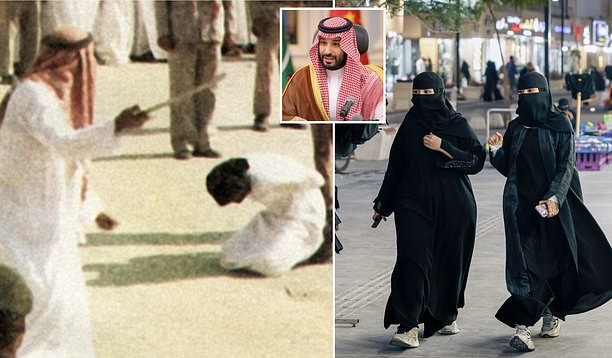Saudi Arabia loses bid for Human Rights Council seat, reaches record number of executions
The last of five seats for the Asia-Pacific region went to the Marshall Islands by seven votes. For Saudi Arabia, this is a second defeat after that of 2020, while Qatar won its second consecutive term. In the first 10 months of 2024, the kingdom carried out a record 213 death sentences.
Riyadh (AsiaNews) – For the second time in four years, Saudi Arabia has failed to win a seat on the 47-member UN Human Rights Council based in Geneva, Switzerland following a secret ballot.
Human rights groups, which opposed the Saudi bid as well as that of several African countries, welcomed the decision made by the United Nations General Assembly.
Some 18 seats up were available for the 2025-2027 period, divided according to regions, five seats for the Asia-Pacific, which went to Cyprus, the Marshall Islands, Qatar, South Korea, and Thailand. For Qatar, this will be two consecutive terms so it will not be eligible in the next election.
Saudi Arabia came in sixth place, failing again from gathering the necessary support as it did in 2020, missing out by seven votes the fifth place, won by the Marshall Islands. The newly elected members will begin their mandate on 1 January 2025
Saudi leaders had placed great hope in a seat in the prestigious body. In recent years, Riyadh had invested billions to change its image internationally to counter harsh criticism over its human rights record, executions, lack of freedoms (including religious freedom), and controversial incidents such as the murder of journalist Jamal Khashoggi.
Under Crown Prince Mohammed Bin Salman and his Vision 2030, the kingdom has tried to change its reputation from a place of rigid confessional restrictions (which are still in place) and human rights violations to that of a tourist and entertainment hub.
The Human Rights Council is elected by the 193-member United Nations General Assembly in New York by secret ballot and its members are divided according to geographical sectors, to ensure broad representation.
The Asia-Pacific group, which includes Saudi Arabia, was the only one with an internal competition with six applicants for five available seats. The Marshall Islands came fifth with 124 votes, seven more than the Wahhabi kingdom.
Although the Council does not have legally binding powers, its oversight functions have gained importance over time and the body may request investigations to document abuses which, at times, can form the basis for prosecutions, among other things, for war crimes.
Qatar was re-elected for a second three-year term, while members cannot serve more than two consecutive terms.
Although not one of the 47, Saudi Arabia has been increasingly active in the past few years, manoeuvring from behind the scenes, as noted by diplomats and human rights groups.
Riyadh was able to block investigations into war crimes in Yemen in 2021 and sought to thwart a Western-led motion to increase monitoring of those responsible for possible war crimes in Sudan.
At home, the extensive use of the death penalty is another critical factor, and this is going to be an unprecedented year. Some 213 people have been executed in the first 10 months of 2024, more than in any other calendar year on record.
According to the London-based rights group Reprieve, which documents the death penalty around the world, the highest recorded figure before this year was 2022 with 196 executions, followed by 2019 with 184.
“As the world's attention fixates on horror elsewhere in the Middle East, Saudi Arabia is clearing death row with a bloodbath,” said Reprieve’s deputy director, Harriet McCulloch.
In addition, according to the NGO, Riyadh has repeatedly lied to the United Nations about the use of the death penalty.
“The Kingdom smashed its own grim record for most people executed in a year in the first nine months of 2024,” she explained. “With 213 executions and counting, death row prisoners are at greater risk than ever before, their families desperately awaiting news of their fate in the news.”
These records have been reached under the government of Crown Prince Mohammed bin Salman, who also serves as the country’s prime minister and de facto ruler, who, in a 2018 interview, had pledged to minimise the use of capital punishment.
In fact, Saudi Arabia remains one of the worst offenders in the world, with at least 1,115 executions during the crown prince's rule between 21 June 2017 and 9 October 2024.
04/07/2020 11:36
20/11/2018 18:55
01/02/2023 18:48







.png)










